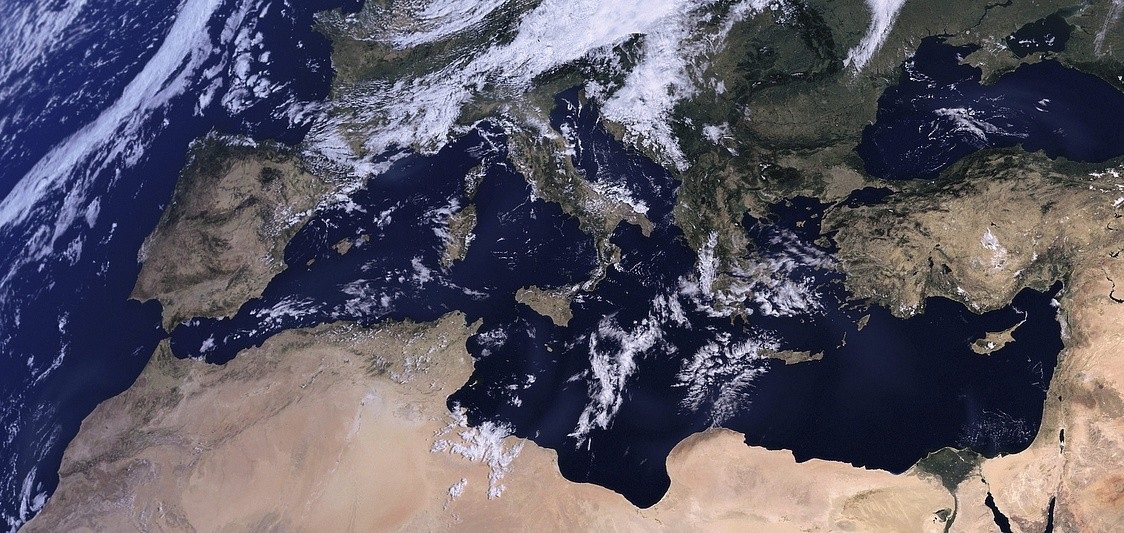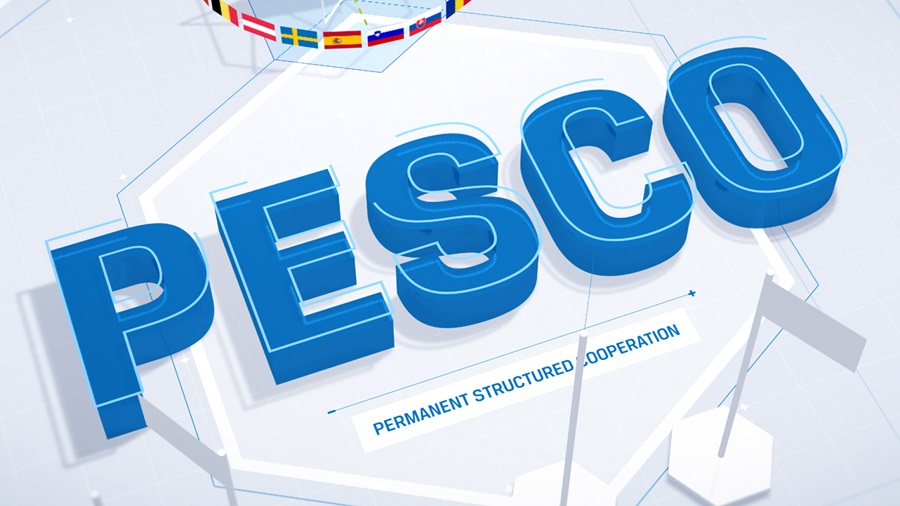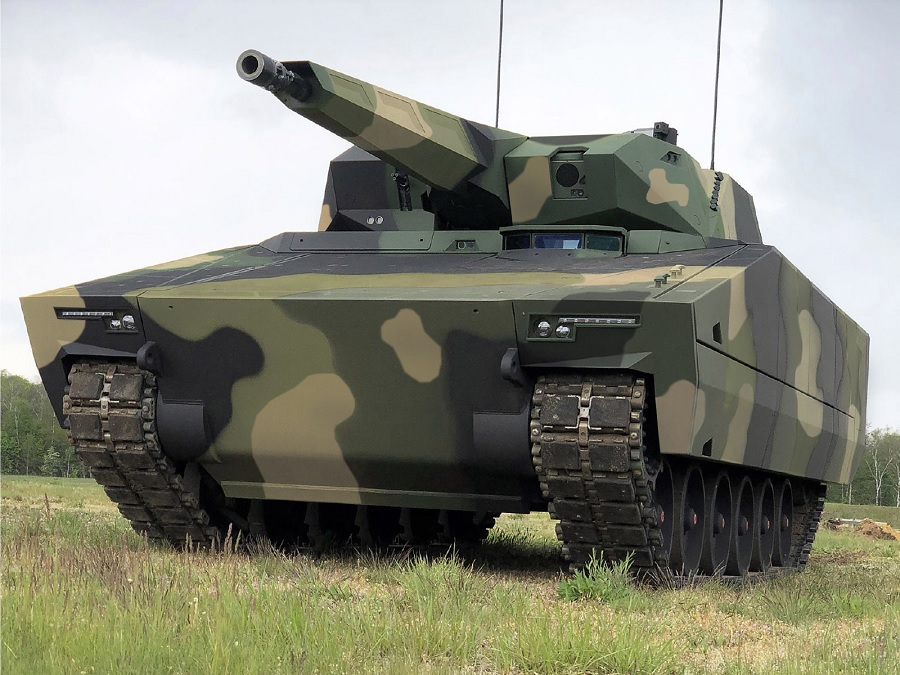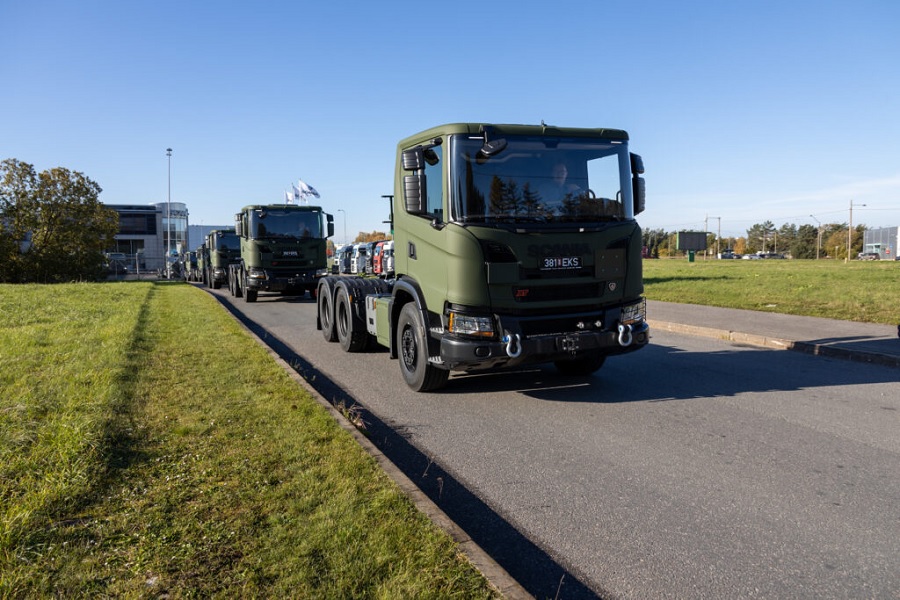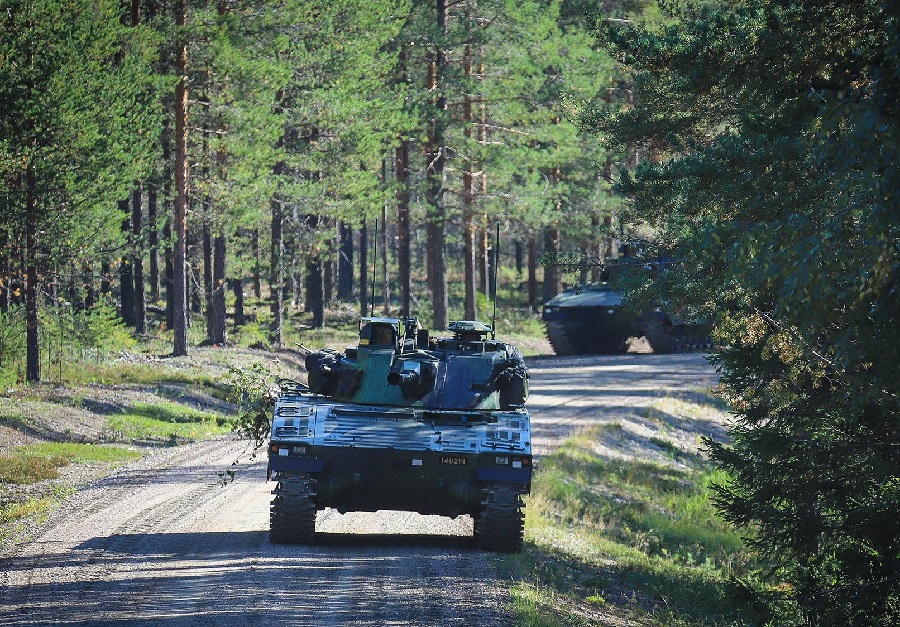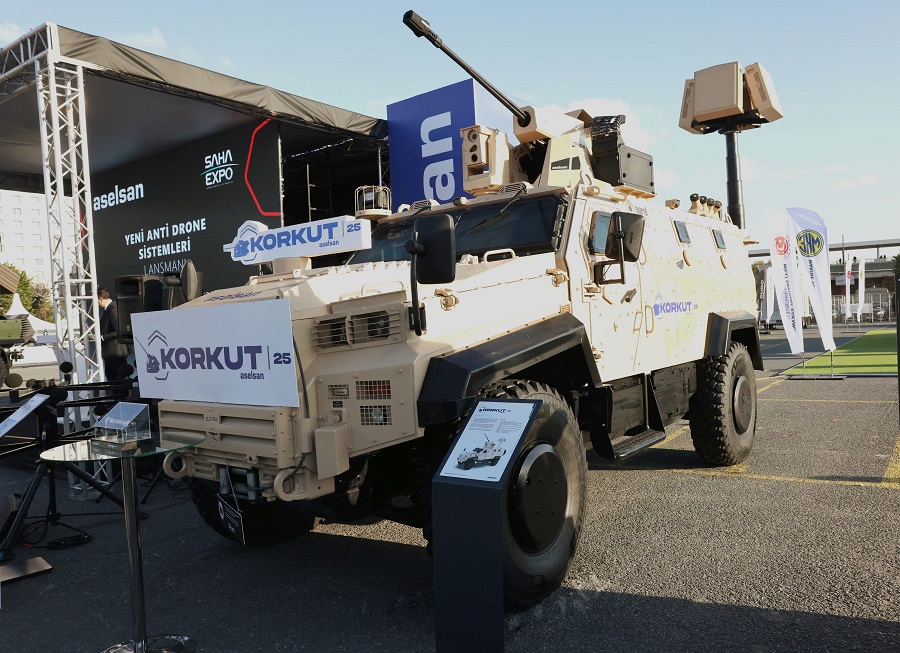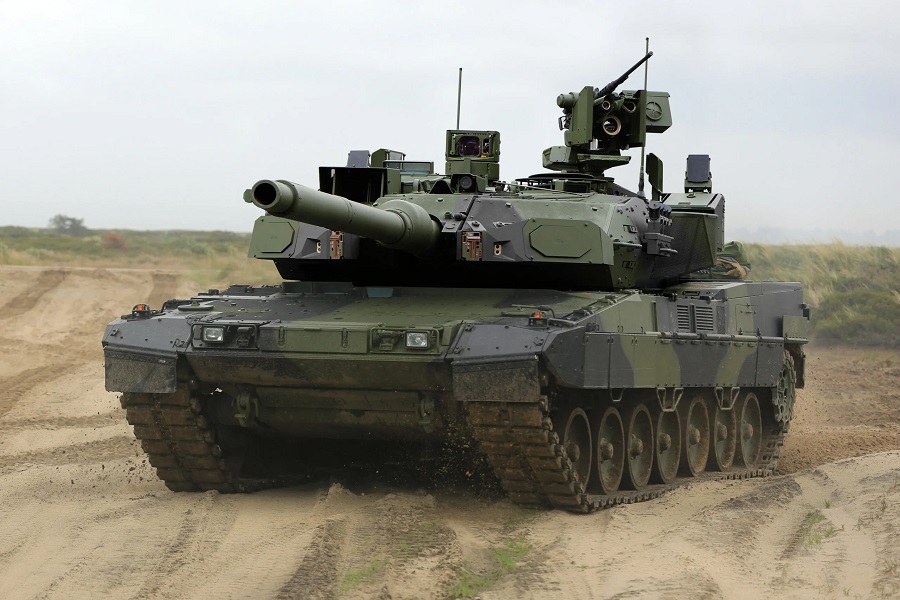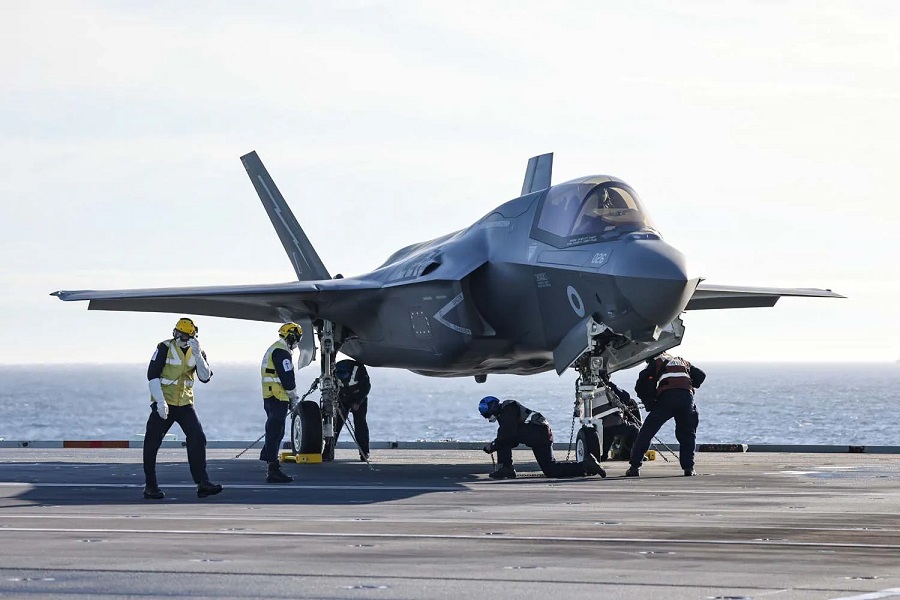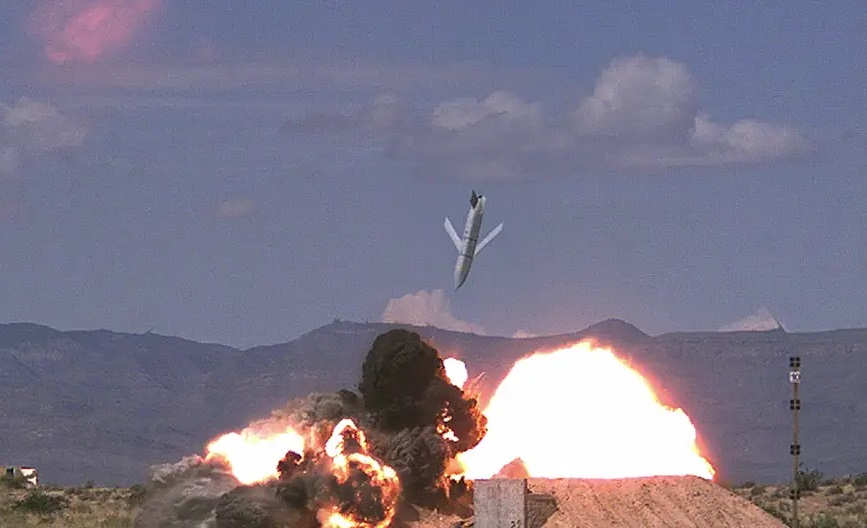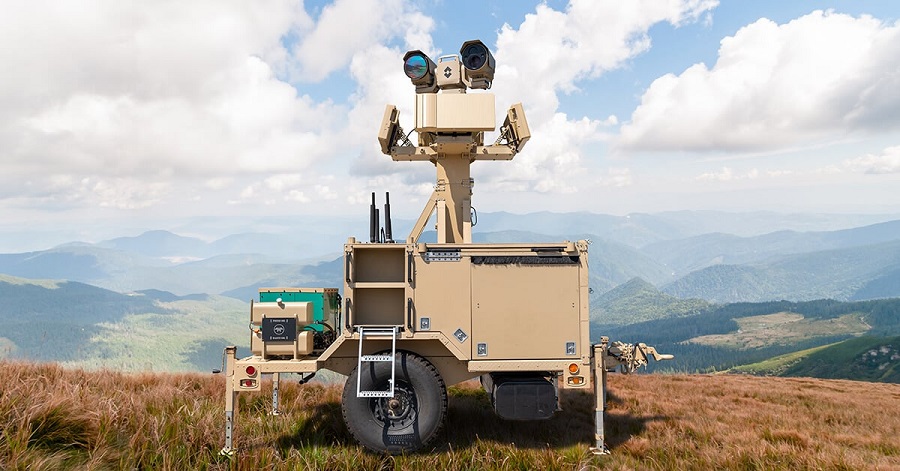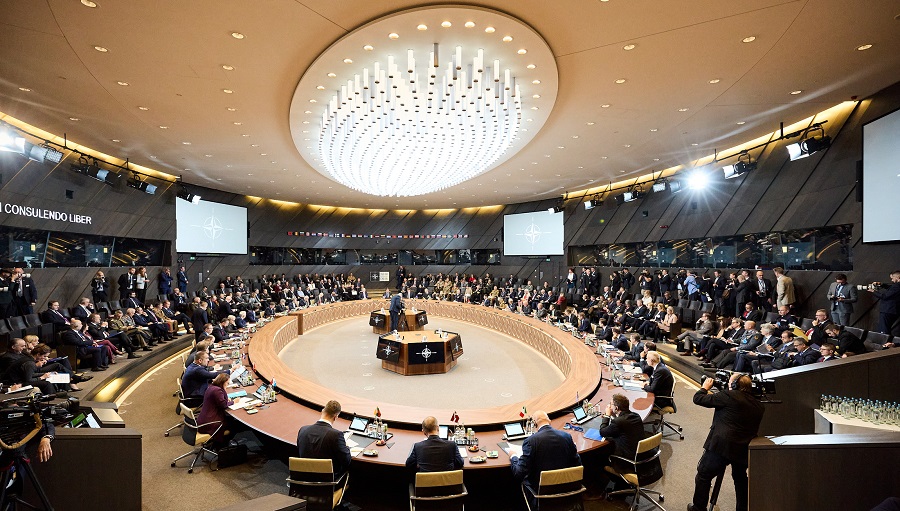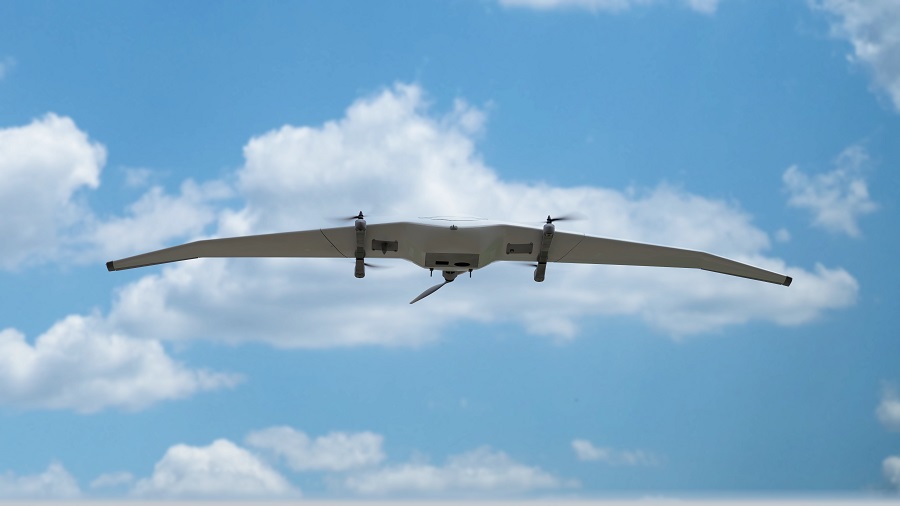Security Issues, Threats and Opportunities
The global energy competition and the simultaneous increase in energy costs -due to the sanctions imposed on Russian exports in retribution for the invasion of Ukraine- may cause imbalances and severe disruptions of the European energy grid. Extensive use of Renewable Energy Sources (RES) will lead to the redistribution of global natural resources and the redesign and redeployment of their respective transfer network. Countries with a small adaptive capacity for their energy resourcing and fossil fuel-dependent countries will be most affected, and their productive continuity will be hampered. On the contrary, countries with a high capacity to produce and export renewable energy will gain influence, and their status will be redefined. Addressing the energy threat and investing in energy security and autonomy must be set high on the objectives of the Security Strategy of Mediterranean EU states.
EU is experiencing constant tensions in its regional periphery, especially in the Mediterranean region. The ongoing Greek-Turkish dispute over the delimitation of maritime zones in the Aegean and SE Med, the Cyprus question, the Israeli-Palestinian conflict, the Syrian civil war, the Libyan political instability and Russian interventionism in eastern Europe create an environment of constant threats with direct security impact on all EU Member States. Overall, the EU’s security structures are being tested in terms of resilience, interoperability, adaptability, effective deterrence, punctual intelligence and efficient management of the chained reactions created by the fragile Mediterranean backdrop.
In addition to the classic and visible threats on the European periphery, the EU has to face many asymmetrical and invisible threats with much more severe consequences, including political, economic and social manifestations. Hybrid and asymmetric threats, including the weaponization of migration flows for political purposes (mainly by the Turkish regime), pose an imminent and direct danger to social, economic and political stability. These threats’ complexity and interactive nature are the main issues burdening the already fragile European security. Various civilian missions are currently countering these threats under the doctrine of crisis management with limited military participation and without the universal support of all Member States within the framework of the CFSP and its operational arm, the CSDP.
Another dimension of asymmetric threat is the European economy’s possible technological and industrial R&D lag. The technological and digital dominance of the EU should be supported by general economic development and a focus on scientific knowledge and new technologies. The EU is a strong player in science and innovation, accounting for almost 20% of the total global research and development (R&D) activity, scientific publications and patents. At the same time, the EU faces an increased risk of cyber-attacks and malicious attempts to disrupt communication networks, both in the digital and physical worlds, in essential infrastructures such as water and gas pipelines, public services and hospitals. New technologies and the subsequent hyperconnectivity are accompanied by new and unprecedented challenges that must be addressed quickly, accurately and effectively.
Today, there is not much of a military threat in the Mediterranean region as was in Europe during the Cold War. However, the region is destabilized by a combination of wide-ranging transnational and intra-state conflicts, socioeconomic risks and low and high-intensity conflicts. Conflicts consist of territorial and border disputes and ethnocultural antagonism, augmented by frequent terrorist attacks, local violent incidents, and civil unrest. Most of these conflicts and dangers have their sources along the southern coast and what I prefer to call as sub-regional Mediterranean level. A great example is the Greek-Turkish friction over maritime zones delimitation in the Aegean and the SE Mediterranean Sea.
The broader geopolitical environment surrounding the EU shows the specificity of the Mediterranean security issues and the difficulty of creating a model for preventing and managing conflicts while simultaneously protecting the vital interests of the EU. So, a logical question is rising: How to prevent conflicts in the Mediterranean? With this perspective in mind, there is a need for innovative thinking that considers conflict prevention experiments in other fields and examines the complexity and sensitivity of the Mediterranean region.
Consequently, in addition to the traditional and constant risks that Europe has always faced, the EU has to deal with other complex security issues, which require strategic and organized management and response. The gap between the search for security of European citizens and the resources allocated to defence, as well as the need to build a meaningful balance in Euro-Atlantic relations, are strong arguments in favor of a strengthened and holistic approach to defence between the EU Member States. Such a move is considered even more critical and necessary in light of the recent geopolitical developments on the European continent, especially in the Mediterranean basin.
The EU, surrounded by the increasingly aggressive Russia, politically unstable North Africa and the always tensional Middle East, must rearrange its defence profile and use the Mediterranean security capability as a strategic starting point. At the same time, the defence landscape within the EU remains highly diverse. It is becoming increasingly difficult to reach an internal consensus to launch effective interventions outside the EU’s borders on time, particularly high-end interdisciplinary military operations.
PESCO as a Strategy igniter
PESCO is a vital defence co-development tool based on the European legislative framework. The implementation of PESCO projects will lead to an increase in the interoperability of the EU defence sector. PESCO is an “ace up the sleeve” of EU member states, as it allows the usage of common equipment amongst European forces and unified military capabilities necessary for a coordinated defence policy linked to the EU and the CSDP. The PESCO collaborative programmes will create a highly functional, collective and effective mechanism and will be an essential step toward the strategic autonomy solution Europe is looking for. It is an excellent opportunity for Euro-Mediterranean countries that field strong, modern, well-equipped and highly-trained forces and operate within a NATO framework to cooperate in many PESCO projects. The eventual benefits in crucial points of European defence, such as maritime security, the development of modern aerospace systems and military mobility, will be significant. These projects will allow Europe to become defensively independent from NATO but remain in close cooperation with it and the US, fulfilling fundamental common aspirations and eliminating the risks that threaten common Euro-Atlantic interests.
Starting from the Mediterranean
As demonstrated by the Greek-French defence agreement, regional Mediterranean cooperation results from variables related to shared economic, political and defence interests within a system of common values. From this point of view, strengthening regional cooperation in the Mediterranean has a European dynamic with the right conditions and initiatives. The Mediterranean consists of two major regions, the EU and the MENA countries, each having divergent standards and different security complexes. Nevertheless, the wider Mediterranean region can be seen as a single security complex or a super-system in which the security of the EU and the Mediterranean states of the MENA region is increasingly interlinked and influenced, with obvious points of convergence. The 2016 EU Global Strategy for Foreign and Security Policy highlights the security of the EU and its neighbors in the Mediterranean region, which are inextricably linked. Most of Europe’s security challenges are now located in the Euro-Mediterranean region, and a new Security Strategy with a Mediterranean focal point seems more necessary than ever. Given the circumstances, promoting a common European security community, both political and military, becomes urgent and imperative.
In conclusion, the concept of security has evolved to such an extent that it includes a range of non-military dimensions (socioeconomic, cultural, political and environmental) that complete the classic military interpretation of the term. The severity and intensity of current events demonstrate the complex strategic dimension of the Mediterranean and the need for a New European Security Strategy starting from the Mediterranean and covering the entire European continent, with broad synergy and a common defence understanding.




